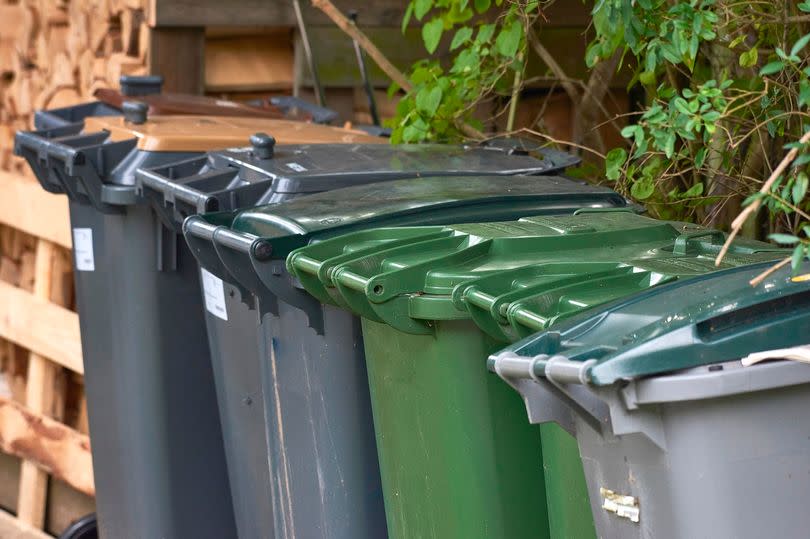Paper recycling levels lead three councils to consider 'alternative' collection models

As the demand for paper recycling continues to fall across Sunderland, Gateshead, and South Tyneside, local authorities are set to explore “alternative” collection models.
A joint report between Sunderland City, Gateshead, and South Tyneside councils has documented a continued decline in paper tonnage being collected for recycling. The trend has been observed in 2014 to the stage where separate paper bin collections are “minimal”.
Sunderland has seen the largest percentage decrease in paper tonnage between 2023/24 at 25.5% (533 tonnes), followed by Gateshead at 17.6% (835) and South Tyneside at 14.1% (335 tonnes). The report does acknowledge that this year industrial action in South Tyneside has impacted recorded tonnages.
The joint waste management partnership report stated: “With such low paper tonnages, this means the current kerbside dry recycling collection system is not sustainable. Therefore, South Tyne and Wear Waste Management Partnership are currently considering alternative collection models available.”
The Waste Resources Action Programme has now reviewed updated recycling figures which are currently being considered by South Tyne and Wear Waste Management chiefs, with recommendations to senior leadership to follow “in due course”.
Marc Morley, director of environmental services at Sunderland City Council said: “When we rolled that out it reflected consumer behaviour at the time and it has changed. As the report sets out we are currently reviewing what the options are for what our potential future collection will look like because it's got to reflect what the marketplace and what residents are finding.
“I think that's what the options appraisal will set out moving forward because paper separate, probably isn't the way forward because of the decline in tonnage.”
The reduction in paper recycling has been linked to the decline in printed media ranging from traditional newspapers to telephone directories, and junk mail. Councillors were also informed many residents also chose either not to have or use their paper recycling caddies.
From 2014, each council has been paper caddy recycling fall from either 15-22% of total recycling to around 3-6%.

 Yahoo News
Yahoo News 
